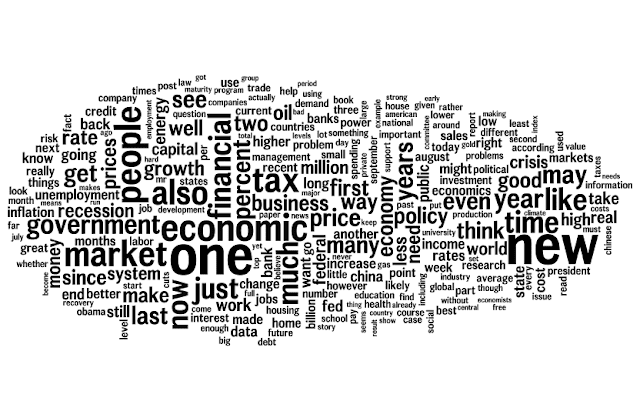Saving: vice or virtue
From Mario Rizzo's comment on Coordination Problem (an Austrian blog): Keynes...does turn certain virtues (like saving) into vices -- from an economic or consequentialist perspective. What is particularly disturbing is that from a long-run perspective surely saving is a "virtue." But surely it's not. Investment is a virtue; and saving, usually, is what enables investment. Saving in itself is a neutral act, because one person's savings are another person's debt. In the Keynesian model, attempts to increase saving while investment is falling simply lead to a spiral of shrinking income. It's investment that creates future wealth. According to the savings identity , total savings does equal investment, but that statement is misleading for two reasons: one, because this definition of investment includes inventory (which may be built up involuntarily, and is not especially "virtuous"); and two, because it hides the effects of savings in one peri...




